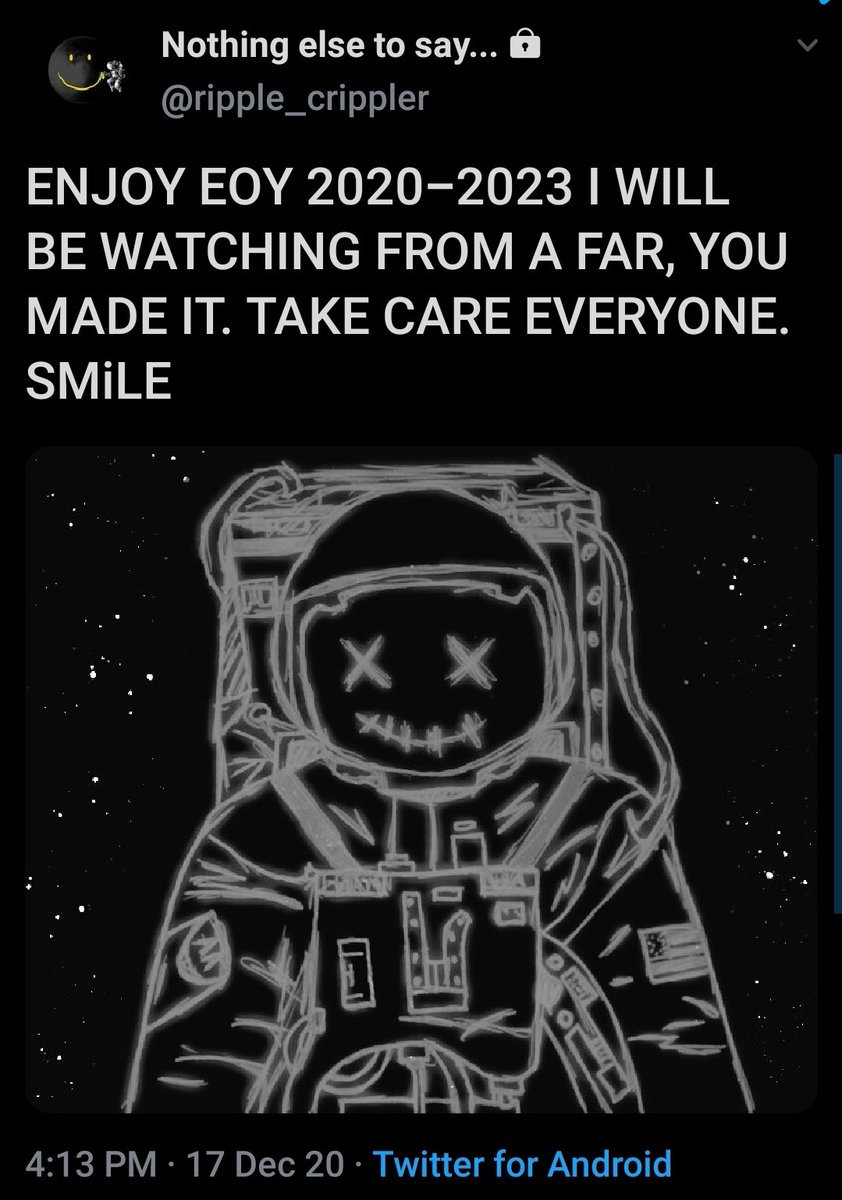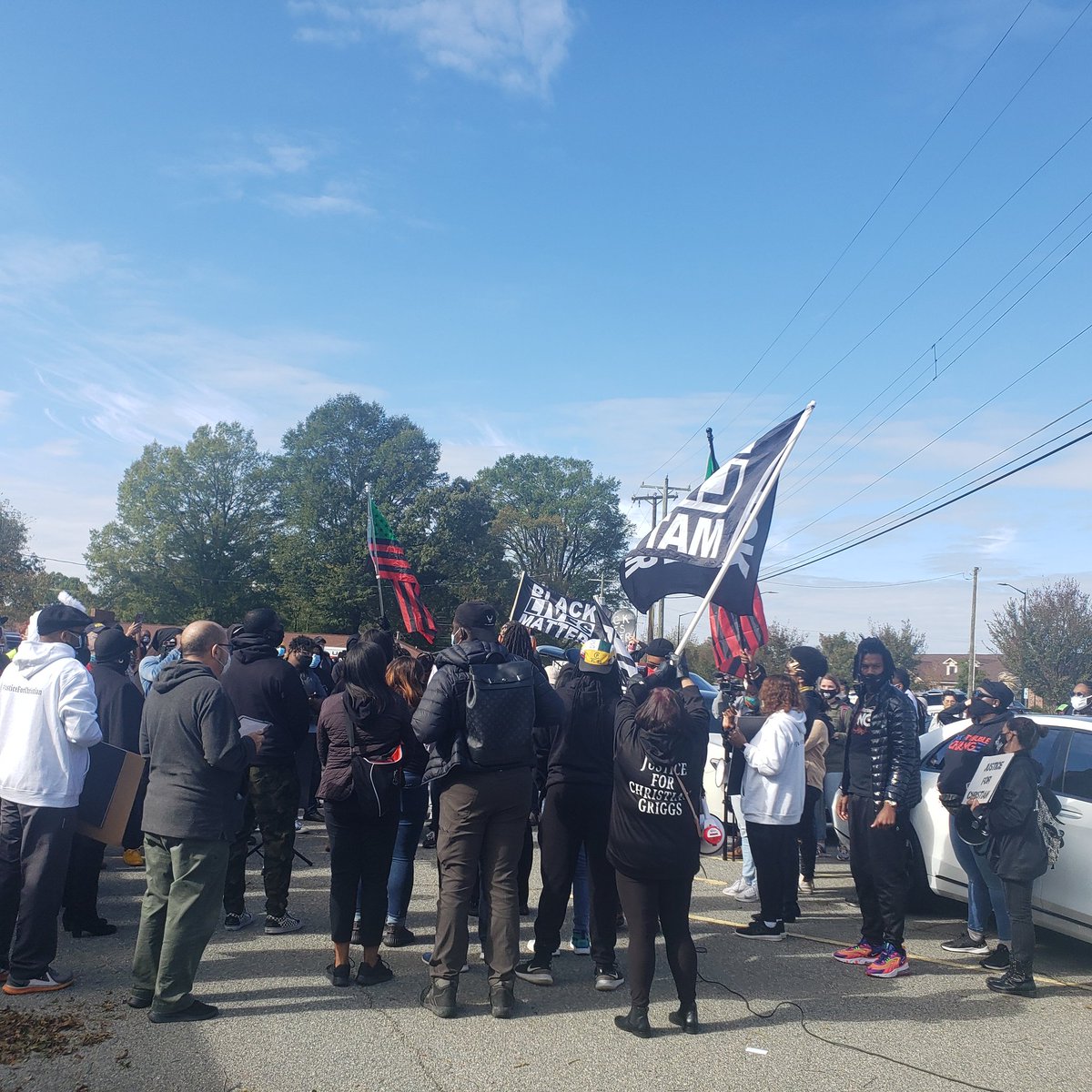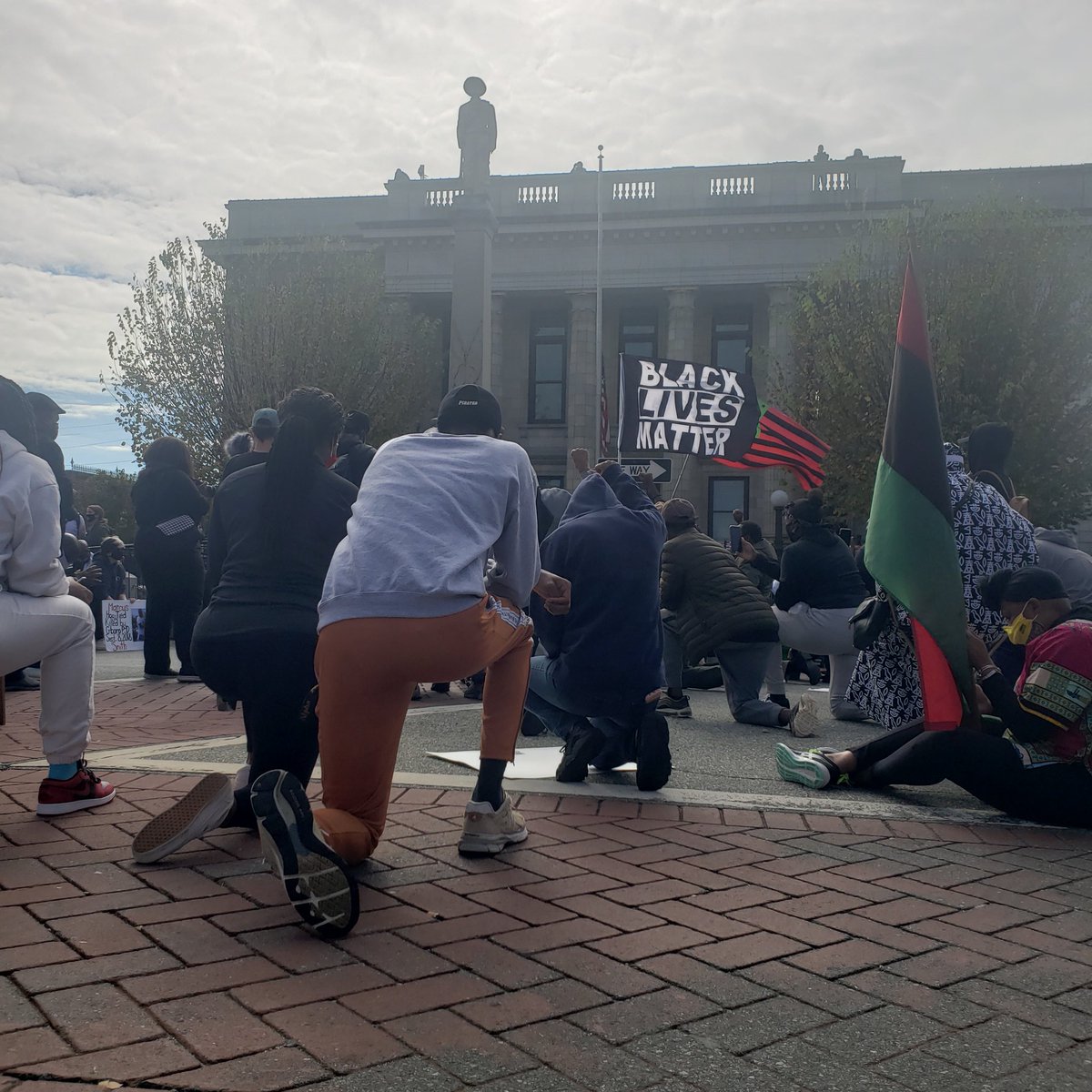We therefore changed our strategy"
1. (On politics) I was once in a conversation with an elderly friend of mine who is American. He is deeply involved in politics in the States and I asked about what he had learnt. He said, "our movement pushed and mobilised and we got (.........) into the white house."
We therefore changed our strategy"
There is a lot of space for influence in positions that are non elective. Every executive leader leans on people to help in developing ideas and in executing them.
More from Politics
What would that "look like" in reality?

So a massive adult film star in all his glory is included in an official FBI government filing
Perhaps the explanation is that Patriots are in control.
— David Burney (@jdburney1) February 6, 2021
\U0001f923\U0001f923\U0001f923\U0001f923 https://t.co/W3S8TgeY74
Hunter Biden's book is categorized as "Chinese
Patriots in control?
— David Burney (@jdburney1) February 6, 2021
\U0001f923\U0001f923\U0001f923\U0001f923 https://t.co/p0rEyfd2DW
TIME admits to "conspiracy" to "not rig, rather
TIME admits stolen election, with spin!
— David Burney (@jdburney1) February 6, 2021
"They weren't rigging the election, they were fortifying it."
Recognize the Ministry of Truth? How many things in the last few years have been redefined to be the opposite of reality?
Google the definition of "bigot" if you doubt me. https://t.co/CNU888fxr4 pic.twitter.com/UEhRBOtUB6
A "pillow guy" has military-grade intercepts detailing the IP addresses and device MAC IDs of EVERY incursion into every county in the
God bless the pillow manufacturer.
— David Burney (@jdburney1) February 6, 2021
The last 30 minutes details where every single incursion is recorded including IP and MAC addresses. 100% proof. pic.twitter.com/P5MVb1xGNC
Michael van der Veen begins Trump's defense: "The article of impeachment now before the Senate is an unjust and blatantly unconstitutional act of political vengeance" pic.twitter.com/xRaZHEPIaC
— Aaron Rupar (@atrupar) February 12, 2021
Es wird argumentiert, dass Trump nur habe sicherstellen wollen, dass die Wahl fair abgelaufen sei. Die Verteidigung zeigt Clips einzelner Demokraten, die der Zertifizierung von Trumps Stimmen 2016 widersprechen. (Dass es 2016 keinen von Obama gesandten Mob aufs Kapitol gab?Egal!)
Die intellektuelle Unehrlichkeit ist so unfassbar, ich weiß kaum, wo ich hier überhaupt anfangen soll; so viele fucking Strohmänner auf einmal.
Die Verteidigung spielt random Clips, in denen Demokraten “fight” sagen, fast zehn Minuten lang. Weil Trump 20mal am 6. Januar “fight” gesagt hat. Dies ist kein Witz. Komisch, dass sonst die Folge nie war, dass ein Mob das Kapitol gestürmt hat und Pence hängen wollte
WATCH: Trump's defense plays nearly 10 minutes of clips showing Democrats using the word "fight," to defend Trump using the word "fight" about 20 times in his speech to supporters before the Capitol riot began https://t.co/YUg7sgxuDX pic.twitter.com/3eMNp7E2S2
— CBS News (@CBSNews) February 12, 2021
“Dieser Fall geht um politischen Hass” Ich mein, ja. “Die House Managers hassen Donald Trump.”
So close.
You May Also Like
A thread 👇
https://t.co/xj4js6shhy
Entrepreneur\u2019s mind.
— James Clear (@JamesClear) August 22, 2020
Athlete\u2019s body.
Artist\u2019s soul.
https://t.co/b81zoW6u1d
When you choose who to follow on Twitter, you are choosing your future thoughts.
— James Clear (@JamesClear) October 3, 2020
https://t.co/1147it02zs
Working on a problem reduces the fear of it.
— James Clear (@JamesClear) August 30, 2020
It\u2019s hard to fear a problem when you are making progress on it\u2014even if progress is imperfect and slow.
Action relieves anxiety.
https://t.co/A7XCU5fC2m
We often avoid taking action because we think "I need to learn more," but the best way to learn is often by taking action.
— James Clear (@JamesClear) September 23, 2020
Why is this the most powerful question you can ask when attempting to reach an agreement with another human being or organization?
A thread, co-written by @deanmbrody:
Next level tactic when closing a sale, candidate, or investment:
— Erik Torenberg (@eriktorenberg) February 27, 2018
Ask: \u201cWhat needs to be true for you to be all in?\u201d
You'll usually get an explicit answer that you might not get otherwise. It also holds them accountable once the thing they need becomes true.
2/ First, “X” could be lots of things. Examples: What would need to be true for you to
- “Feel it's in our best interest for me to be CMO"
- “Feel that we’re in a good place as a company”
- “Feel that we’re on the same page”
- “Feel that we both got what we wanted from this deal
3/ Normally, we aren’t that direct. Example from startup/VC land:
Founders leave VC meetings thinking that every VC will invest, but they rarely do.
Worse over, the founders don’t know what they need to do in order to be fundable.
4/ So why should you ask the magic Q?
To get clarity.
You want to know where you stand, and what it takes to get what you want in a way that also gets them what they want.
It also holds them (mentally) accountable once the thing they need becomes true.
5/ Staying in the context of soliciting investors, the question is “what would need to be true for you to want to invest (or partner with us on this journey, etc)?”
Multiple responses to this question are likely to deliver a positive result.

I believe that @ripple_crippler and @looP_rM311_7211 are the same person. I know, nobody believes that. 2/*
Today I want to prove that Mr Pool smile faces mean XRP and price increase. In Ripple_Crippler, previous to Mr Pool existence, smile faces were frequent. They were very similar to the ones Mr Pool posts. The eyes also were usually a couple of "x", in fact, XRP logo. 3/*

The smile XRP-eyed face also appears related to the Moon. XRP going to the Moon. 4/*

And smile XRP-eyed faces also appear related to Egypt. In particular, to the Eye of Horus. https://t.co/i4rRzuQ0gZ 5/*
















